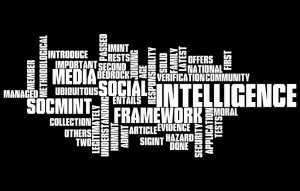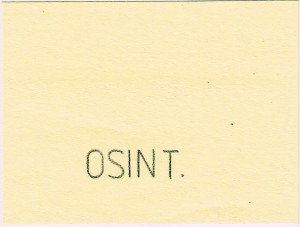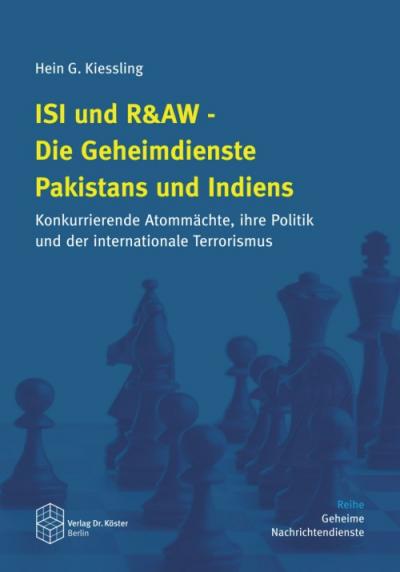V. What Do Triggering Events Trigger?
“The general idea is that we have a stock of primitive events, and a set of operators by which events can be combined to produce new events.” ([GALTON] p. 328) While single events remain fixed or static items in spacetime (at a particular observation point), the undergoing changes or the action of production can be described as open processes or flows, emitting trails of information. This namely applies to complex adaptive systems, systems that are characterized by the dynamics of their operators’ interactions on the one hand, and by the impact history (‘path dependence’) and experience have on those variables’ individual or collective adaptive behavior. Previous relationships between local constituent agents do affect and change the whole course of things in a way that is not determined by the system or intended by its agents themselves (‘emergence’), and as such preclude entirely accurate predictions.
This sure enough brings us back to correlation which, for predictive purposes, may take form as ‘multicollinearity’, that is the correlation of two or more independent explanatory variables, or so-called predictors (also known as risk factors). They are independent insofar their effects, respectively the events studied depend on their configuration. Because oftentimes predictors correlate, overlap or are in fact redundant, it is highly sophisticated, if at all possible, to extract and contain an individual predictors’ influence on outcomes. Since there is no such thing as an analytical ‘interference filter’ yet, triggering events should best be represented as ‘ex post facto predictors’, also demonstrating their limited (that is retrospective and highly selective) use to predictability.
We have seen that for a coherence theory of truth, sentences and logical propositions do matter, whereas for a correspondence theory of truth the actual state of affairs is of the utmost importance. Triggering events are somewhat composite beings which do have a role to play in both spheres. As a matter of fact, those spheres are seldomly compatible, so it is the analyst who bears the burden of deciding what road to take and when. Indeed, triggering events “are places where interventions can have an effect, these events involve judgement which can deteriorate when pressure increases, and these events can escalate into a crisis. […] By understanding triggering events and the ways in which small sensemaking actions can grow into large senseless disasters, we hope to develop a better understanding of how crises can be isolated and contained.” ([WEICK] p. 308) In the end, it is not the triggering events that should bother us, but our reaction to them.





Post a Comment